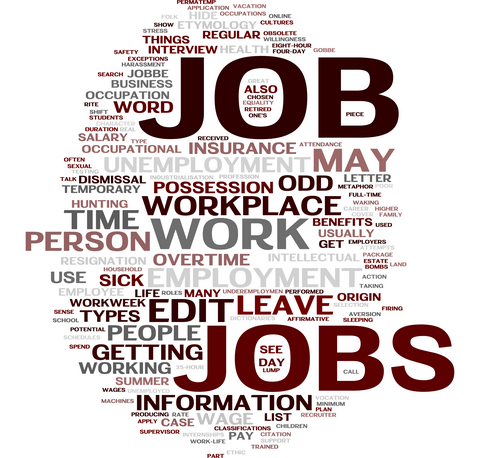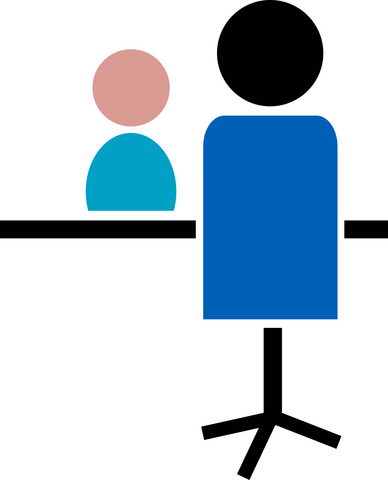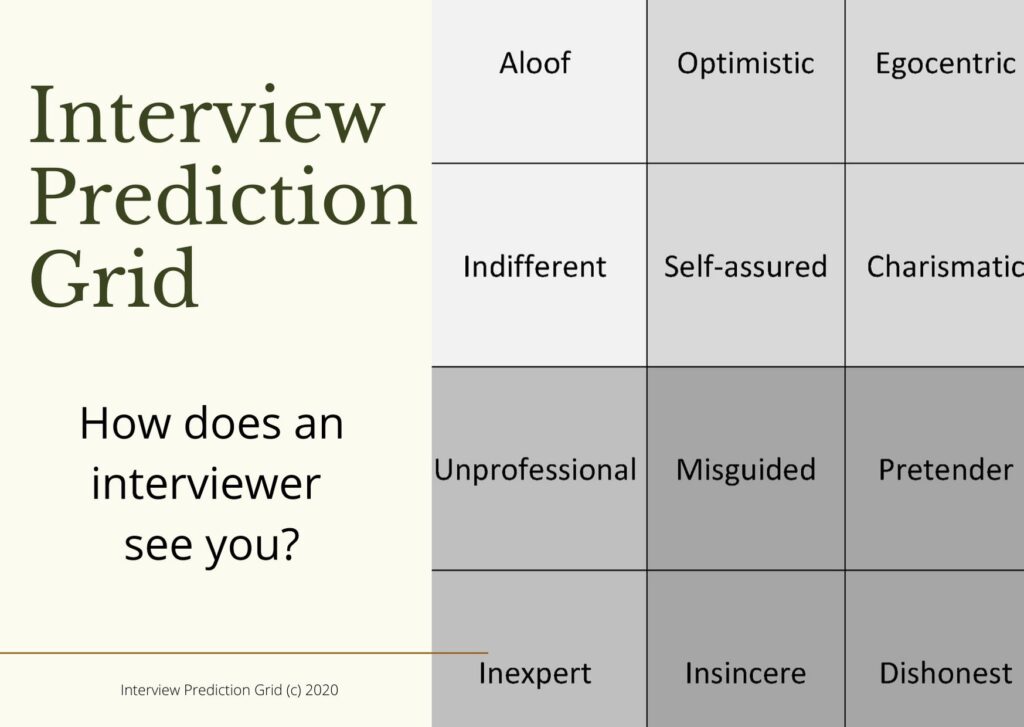In 2020 the telephone job interview is dead!
That’s right, a recent decline in telephone interviews is convincing career guidance professionals to advise job hunters to spend their efforts on the video and face to face job interviews.
Why telephone interviews became popular
During the 1990s are a large number of organisations used the telephone interview as a screening process before inviting successful candidates to a face to face structured interview.
The telephone was a cost affected method, compared to inviting candidates down to head office, of getting rid of the undesirable job hunters. As the telephone screening process became more popular, the fear around answering job interview questions on the phone was commonplace, with many interviewees stating they feared the telephone job interview more than face to face recruitment processes.
The telephone interview; an informal process
In the main, the interview by telephone was an informal job interview with no set questions; a more ‘get to know you’ conversation. Recruiters formally named this as an ‘informal job interview’. Informal interview decisions about taking a candidate to the next level of the recruitment process, or not, relies on ‘gut reaction‘ – there’s something about this applicant that I like!
The structured in-person interview is more analytical with applicants being asked interview questions that are marked on an interview scoresheet.
Employers, even though they are leaving the telephone interview call back in time, still require a way to reduce the number of applicants who have applied for the position (the applications for each advertised position is higher than ever before) down to 6 suitable candidates to complete the high-time structured job interview (the face to face interview)
So, what is replacing the telephone interview screening process
Not much of a surprise; the online interview is the new screening process. Being interviewed online can be a bonus as the interveiwers see’s the applicant’s non-verbal communication. Non-verbal communication, such as smiling and natural use of gesture increases likeability – a factor in the interview scoring process.
It is also easier to sell yourself when you, the applicant, can see the interviewer, especially when they nod and smile during your answer.
A downside is unconscious bias. research has shown how the way someone looks affects the decision-making process with one piece of research showing how an obese candidate is less likely to get hired than an ‘average’ sized person. Being viewed as beautiful or ugly, male or female (depending on the role) also creates a visual unconscious bias.

Job Interview Advice


















